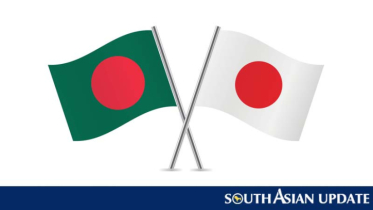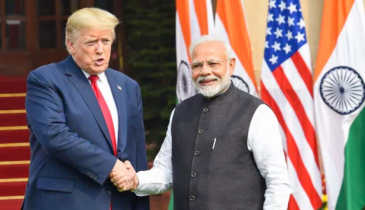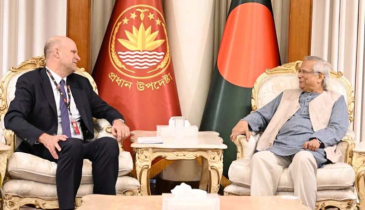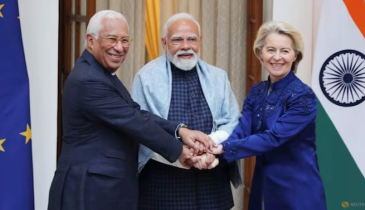Pakistan spying on millions through phone-tapping, firewall: Amnesty

Amnesty International has just dropped a chilling report—and it paints a troubling picture of how far Pakistan’s surveillance state has expanded.
According to the rights watchdog, millions of people are being spied on through phone-tapping technology and a Chinese-built internet firewall that censors social media. In fact, Amnesty calls it one of the most sweeping examples of state surveillance outside of China itself.
The report, released Tuesday, says Pakistan’s surveillance web is powered by a blend of Chinese and Western technologies and has been rolled out alongside an aggressive crackdown on dissent. Political freedoms, already under strain for years, have shrunk further since the military cut ties with former Prime Minister Imran Khan in 2022. Khan is now in jail, and thousands of his party activists have faced arrests and harassment.
Pakistan’s “Lawful Intercept Management System” (LIMS) allows spy agencies to tap into at least four million mobile phones simultaneously—listening to calls, tracking texts, and scooping up private data. Then there’s WMS 2.0, a Chinese-made firewall capable of filtering internet traffic and blocking up to two million active sessions at once. Together, the two tools give the state enormous power to snoop, censor, and control online life.
The scale might actually be bigger than what’s on paper. Amnesty’s technologist Jurre van Berge explained that all four major mobile operators have been ordered to hook into LIMS, meaning virtually anyone could be under surveillance. The watchdog warns that this creates a “chilling effect” where people censor themselves out of fear—whether they’re online, on the phone, or even speaking in public.
Amnesty ties the origins of the revelations to a 2024 case before the Islamabad High Court. It was sparked by Bushra Bibi, the wife of Imran Khan, after private conversations of hers were leaked online. While Pakistan’s defense ministry and intelligence agencies denied running phone-tapping programs, the country’s telecom regulator admitted under questioning that it had already instructed operators to install LIMS for “designated agencies.”
Amnesty says Pakistan is currently blocking around 650,000 web links, throttling or restricting access to platforms like YouTube, Facebook, and X. The tightest restrictions fall on Balochistan, where some districts have lived under years-long internet shutdowns. Rights groups accuse the military of disappearing Baloch and Pashtun activists, with many later turning up dead—allegations the military denies.
What’s more, Amnesty says it traced the technologies back to their suppliers. The internet firewall comes from China’s Geedge Networks, a firm linked to Beijing’s state-owned companies. The phone-tapping system, on the other hand, was manufactured by Germany’s Utimaco and deployed through monitoring centers operated by a UAE-based company, Datafusion. In other words, Pakistan’s surveillance machinery is being built through a global supply chain.
Pakistan has created a vast monitoring network that undermines basic freedoms, chills free speech, and deepens fear across society. And unless it’s checked, ordinary people—not just politicians and activists—may find that every word they speak or type is being quietly recorded.
.png)









